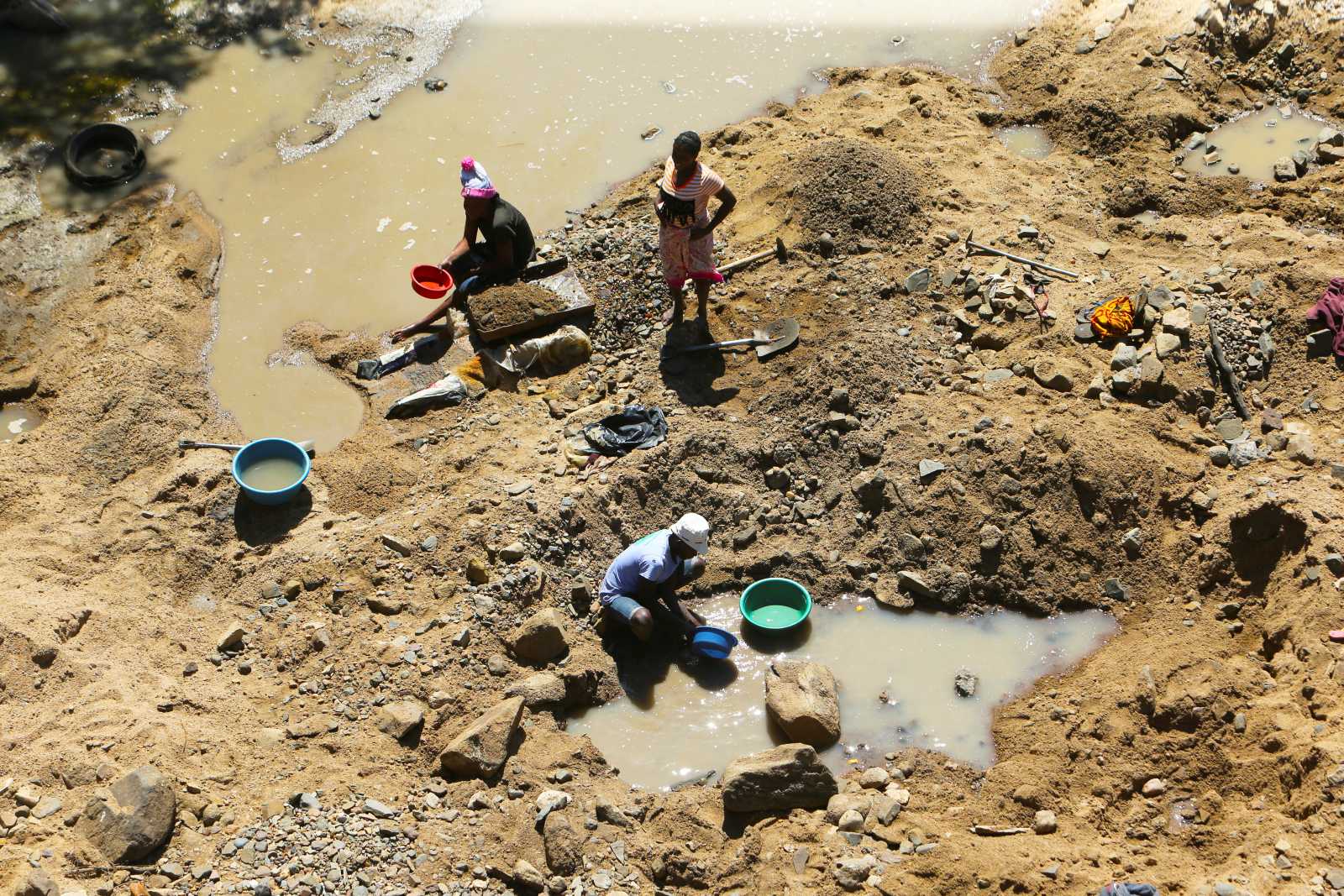Doing Business Report
Leaps forwards
Rwanda has steadily reformed its commercial laws and institutions since 2001. In the past year, it introduced a new company law that simplified business start-ups and strengthened the rights of minority shareholders. “It now takes a Rwandan entrepreneur just two procedures and three days to start a business,” says the Report. As a result of the reforms, Rwanda has risen from 143rd to 67th rank in the IFC’s list.
Low-income countries in particular have been implementing reforms in 2008/09. The Doing Business Report mentions 29 out of 46 sub-Saharan countries in this respect. Nearly half of the reforms in the region focussed on getting businesses started. According to the analysis, in most countries the reforms are of a long-term nature.
The IFC has been tracking countries for the Doing Business Report since 2004. The idea is to see what reforms are undertaken and what effect they have on commercial activity. The IFC considers ten standard reform categories, such as
– starting a business,
– transfer of ownership,
– employing workers, or
– shutting a business down again.
The Report only takes into account legislation. It neither considers how laws are implemented, nor what impact reforms have in terms of reducing poverty. The exercise makes sense nonetheless, as excessive administrative burdens tend to force small businesses into the informal sector – to the detriment of several parties. Without formal registration, entrepreneurs hardly have access to credit, workers cannot enforce their rights, and the state is unable to collect taxes.
The more categories in which a country introduces reforms, the better its Doing Business ranking. The results do not reveal much about overall economic conditions. However, the IFC reaches the following conclusion from its analyses over the past six years: if relatively poor but well-governed countries reduce the time required to set up a business by ten days, their average growth increases by 0.4 % and the investment rate by 0.7 %. (cir)







